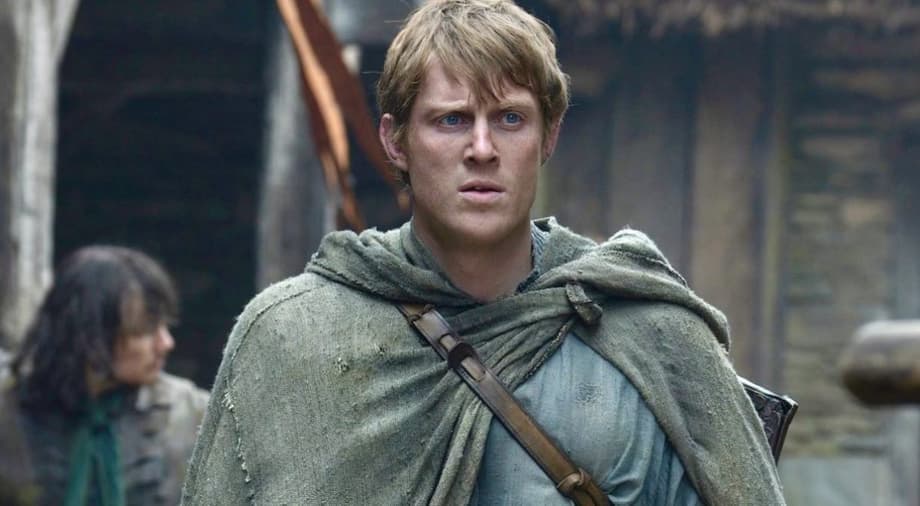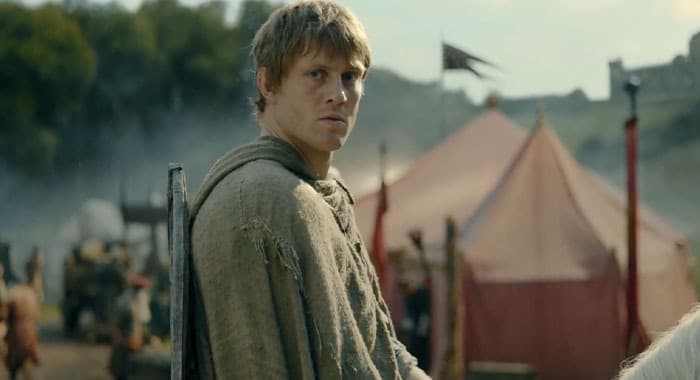
The next trip to Westeros isn’t a dragon-fueled epic-it’s a tight, character-first road story. According to multiple reports, A Knight of the Seven Kingdoms is set to premiere January 18, 2026 on HBO/HBO Max with just six episodes at around 30 minutes each. That’s roughly three hours total-basically a feature film sliced into chapters. For a franchise built on sprawling intrigue and hour-long installments, this is a big swing. It caught my attention because, frankly, Dunk & Egg might be the rare corner of George R. R. Martin’s world that actually thrives with less bloat and more focus.
On paper, the runtime sounds wild for this franchise. But the source material—short stories, not doorstopper tomes—fits. The first novella (often referred to as The Hedge Knight) is a compact tale: Ser Duncan the Tall, a good-hearted, rough-around-the-edges hedge knight, takes on a squire named Egg who’s secretly Aegon Targaryen in waiting. The stakes aren’t “kingdoms fall if we fail.” They’re personal: honor, oaths, class friction, and the kind of tourney drama that reveals which lords actually live their words.
That tone shift matters. After House of the Dragon’s operatic bloodline warfare, Dunk & Egg offers a clear palate cleanser—less council-room scheming, more boots-on-the-road storytelling. Three hours is plenty to adapt the first novella without padding. If HBO sticks the landing, this could become a clever anthology rhythm: each short season tackles one Dunk & Egg story, building a mosaic of pre-GoT Westeros without pretending every entry needs to be a 10-hour epic.
Short answer: yes, if HBO respects the material. The risk is obvious—Westeros demands texture: heraldry, customs, minor houses, the way a crowd shifts during a trial by combat. Thirty-minute TV can start to feel breathless or, worse, episodic in the wrong way, with cheap cliffhangers every 28 minutes. But the benefit is equally real: tight edits, fewer dead-end subplots, and space for two leads to actually carry scenes without getting drowned by B and C plots.

Think of it like this: House of the Dragon is a grand campaign; A Knight of the Seven Kingdoms is a focused side quest with meaningful choices. Gamers get it. Some of the best arcs in fantasy—The Witcher’s early short stories, Telltale’s Game of Thrones—work because they’re personal, contained, and morally sharp. Dunk & Egg is built for that. If the crew leans into grounded choreography, tactile armor, and smart production design over CG fireworks, 30 minutes becomes an asset, not a handicap.
I’m also watching the runtime rumors with a raised eyebrow. HBO hasn’t officially stamped “30 minutes” on a press sheet as of writing. If the episodes creep into the 35-40 minute range, that wouldn’t shock me. Either way, the intent is clear: smaller canvas, stronger brushstrokes.
HBO is clearly treating Westeros like a universe, not a single show. With House of the Dragon reportedly barreling toward at least four seasons (its Season 3 targeting summer 2026), A Knight of the Seven Kingdoms arrives earlier to keep the brand warm without burning audiences out on yet another dynastic war. The move also sidesteps a common fantasy trap: believing scale equals value. Not every banner needs a dragon shadow behind it.

If you bailed on Game of Thrones after the finale debacle, this could be your way back in—low commitment, high character density, and a clean timeline set a century before the main series. For lore nerds, it’s a chance to see how the Targaryen legacy looks from ground level, in the days when a hedge knight could still change the course of a lord’s pride with a single tilt.
There’s also a practical upside: lower budgets per hour tend to force better writing decisions. If HBO resists the urge to inflate the show mid-season, Dunk & Egg could become the most consistently paced Westeros project yet.
A Knight of the Seven Kingdoms reportedly goes lean with six 30-minute episodes starting January 18, 2026. That’s a risky departure from Thrones tradition, but Dunk & Egg’s intimate, novella-sized adventures are built for it. Keep expectations centered on character, not dragons—and this could be the smartest Westeros pivot HBO’s made yet.
Get access to exclusive strategies, hidden tips, and pro-level insights that we don't share publicly.
Ultimate Gaming Strategy Guide + Weekly Pro Tips